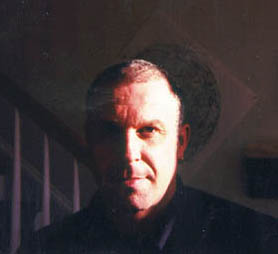
27 April 2010
by Justice Putnam, Black Kos Tuesday's Chile, Poetry Contributor
Of all the poems since the late 70's by Nikki Giovanni, "Nikki-Rosa" is probably the most anthologized, critiqued, essayed and deconstructed in her oeuvre. Not much more can be written than what has already been written about the poem's intense voice in advocacy of personal and cultural identity; its chronicle of familial connection over the generations; and the poem's embrace of essential, common truths. Better to let Nikki Giovanni tell it. Better to let her tell of those days when she was known as...
Nikki-Rosa
childhood remembrances are always a drag
if you're Black
you always remember things like living in Woodlawn
with no inside toilet
and if you become famous or something
they never talk about how happy you were to have your mother
all to yourself
and how good the water felt when you got your bath from one of those
big tubs that folk in chicago barbecue in
and somehow when you talk about home
it never gets across how much you
understand their feelings
as the whole family attended meetings about Hollydale
and even though you remember
your biographers never understand
your father's pain as he sells his stock
and another dream goes
and though you're poor it isn't poverty that
concerns you
and though they fought a lot
it isn't your father's drinking that makes any difference
but only that everybody is together and you
and your sister have happy birthdays and very good christmasses
and I really hope no white person ever has cause to write about me
because they never understand Black love is Black wealth and they'll
probably talk about my hard childhood and never understand that
all the while I was quite happy
-- Nikki Giovanni
(Farm Road and Running Fence, Olema, California / copyright Justice Putnam)
















